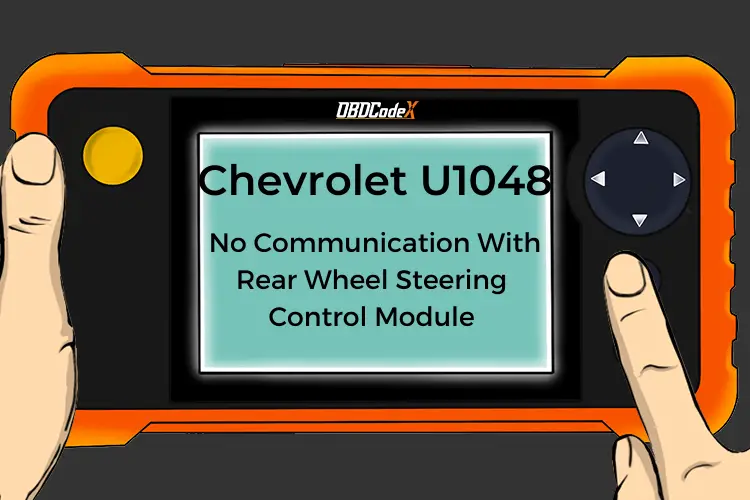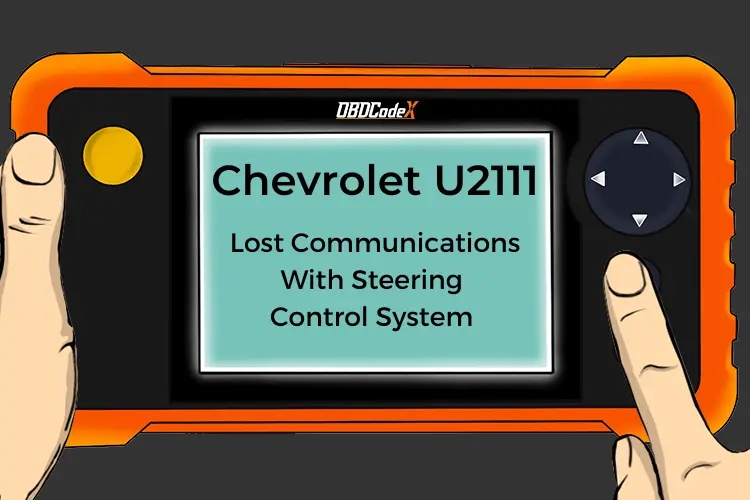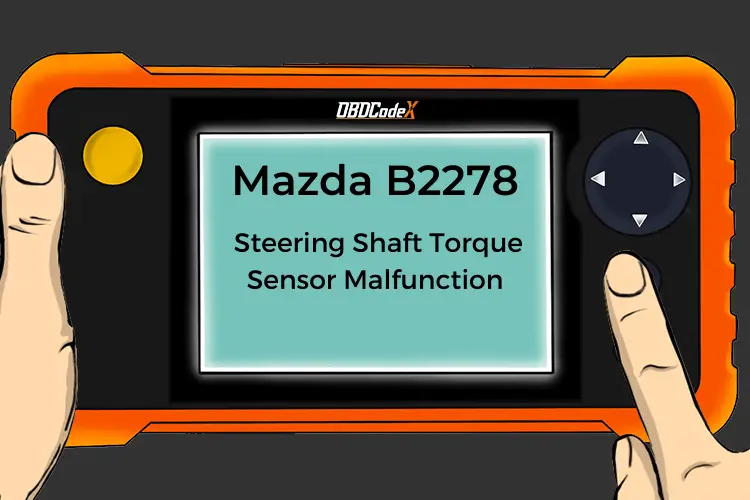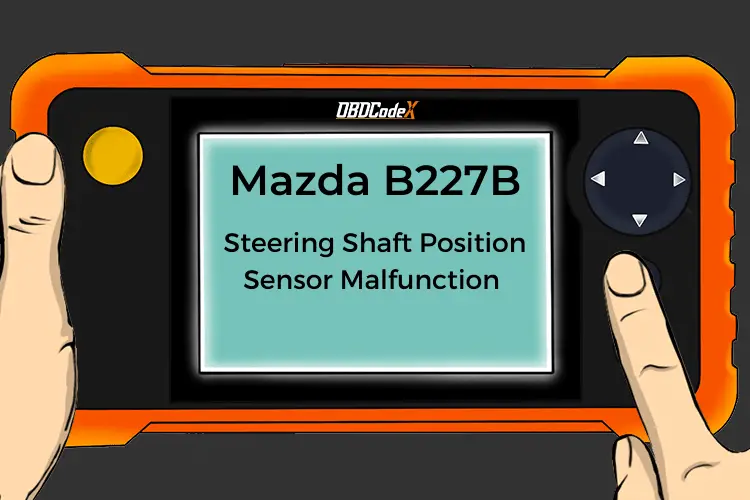P0636: Power Steering Control Circuit Low
Is your scanner showing P0636?
No worries. We'll show you what it means and how to deal with it.
P0636: Power Steering Control Circuit Low
OVERVIEWWhat Does The P0636 Code Mean?
OBD-II trouble codes P0635, P0636, and P0637 are associated with the power steering control circuit.
When the Power Control Module (PCM) detects too low of voltage signals within the power steering control circuit code P0636 will be set and the check engine light will be illuminated.
The purpose of the power steering control circuit is to provide the appropriate voltage to various power steering components. The PCM monitors voltage signals from the power steering controller, sensors and switches. These components provide the proper fluid pressure within the power steering system. This process is essential to prevent damage to power steering components.
The power steering control circuit facilitates the power steering system to adapt to various driving conditions and prevent Stiff or erratic steering. This circuit alerts the PCM that possible issues exist that require immediate attention.
What Are The Symptoms Of The P0636 Code?
Symptoms of a P0636 trouble code may include:
- Stiff or erratic steering
- Noise while turning
- Check engine light illuminated
What Are The Potential Causes Of The P0636 Code?
Causes for this P0636 code may include:
- Defective power steering pressure switch
- Defective power steering position switch
- Faulty power steering control
- A loose control module ground strap or broken ground wire
- Insufficient fluid level or leak
- Blown fuse or fuse-able link (if applicable)
- Corroded or damaged connector
- Faulty or damaged wiring
- Defective PCM
How Serious Is This P0636 Code?
The severity of this code can vary tremendously from just an illuminated check engine light on a vehicle that operates normally to a stiff or erratic steering issue. Steering problems can become a safety issue when not given immediate attention.
How Can You Fix The P0636 Code?
The first step in the troubleshooting process for any malfunction is to research the Technical Service Bulletins (TSB’s) for the specific vehicle by year, model and power plant. In some circumstances this can save a lot of time in the long run by pointing you in the right direction.
The second step is to check the power steering fluid level and look for possible leaks that would have a negative impact on the pressure supplied to the power steering controller and associated components. The proper fluid pressure plays a key role in the function of this circuit. Then locate all of the components within this circuit and perform a thorough visual inspection to check the associated wiring for obvious defects such as scraping, rubbing, bare wires, or burn spots.
Next is to check the connectors for security, corrosion and damaged pins. This process must include the power steering controller, associated sensors, switches and the PCM. The condition of the Controller Area Network (CAN) is essential to this troubleshooting process because a damaged wiring harness makes it very difficult to pinpoint defective components.
Advanced Steps
The advanced steps become very vehicle specific and require the appropriate advanced equipment to perform accurately. These procedures require a digital multi meter and the specific technical references for the vehicle. Voltage requirements will vary based on the specific year and model of the vehicle.
Voltage Checks
Specific troubleshooting guidelines must be referenced to determine the voltage ranges required within the power steering control circuit. Based on the configuration, several power steering components are incorporated. Power steering controllers, pressure switches and position sensors require different voltages to function properly based on the specific vehicle involved.
If this process identifies the absence of a power source or ground, continuity testing may be required to check the integrity of the wiring, connectors and other components. Continuity tests should always be performed with the power removed from the circuit and the normal readings for wiring and connections should be 0 ohms of resistance. Resistance or no continuity is an indication of faulty wiring that is open or shorted and must be repaired or replaced.
Recommended Parts
Below are some recommended auto parts to help you address the trouble code affecting your vehicle and get it running smoothly again:
>>> Power Steering Pressure Switch
>>> Power Steering Fluid
>>> WORKPRO 582-piece Crimp Terminals, Wire Connectors, Heat Shrink Tube, Electrical Repair Kit
>>> CrocSee 250 Pieces - Car Fuses Assortment Kit
>>> ECU
>>> KAIWEETS Digital Multimeter
Note: During the purchasing process, please check carefully whether the part you want to buy fits your car!
Reference Sources
Diagnostic Trouble Code (DTC) Guide for P0636 – Ominitek Advanced Technologies, page 123.




